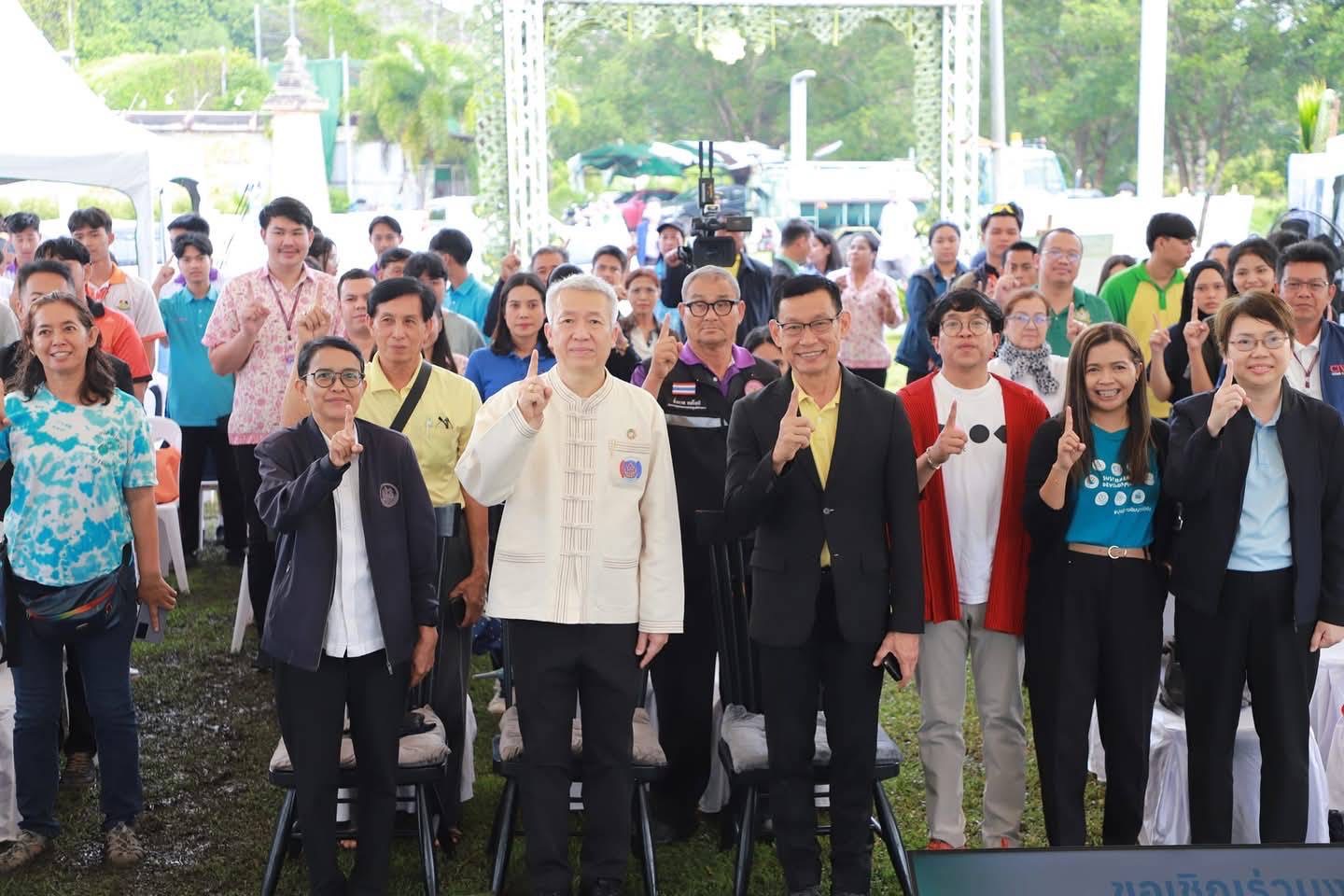IUCN Thailand and Urban Biodiversity Hub experts held a workshop on the Urban Nature Index, engaging multi-stakeholders in Chiang Rai and Surat Thani.
IUCN Thailand with Experts from the Urban Biodiversity Hub Host a Workshop on Urban Nature Index for Multi-Stakeholders in Chiang Rai and Surat Thani
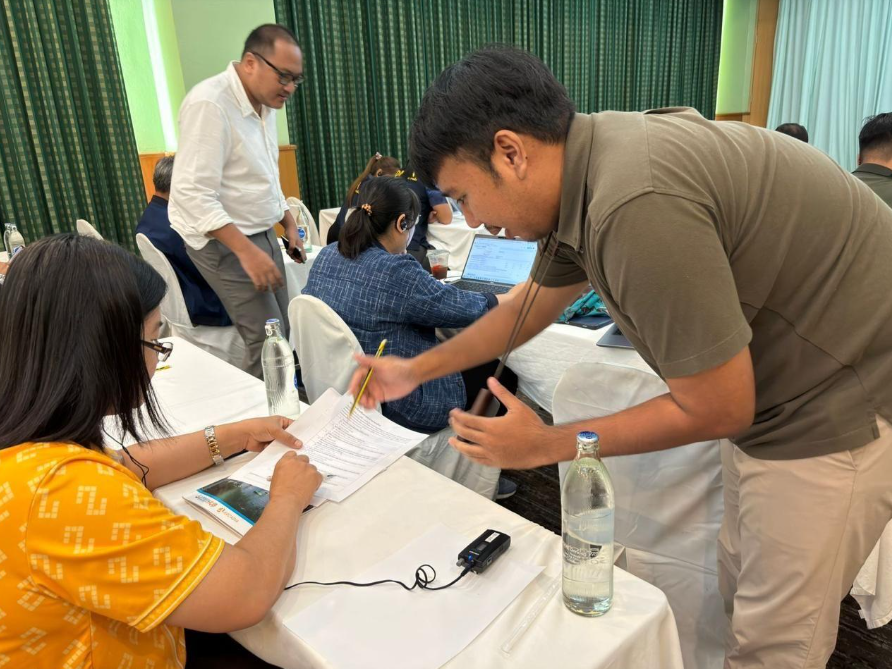
In July 2024, the International Union for Conservation of Nature (IUCN) Thailand organized a training on the Urban Nature Index (UNI). This event is part of the “Urban Resilience Building and Nature” project, which is the first in Thailand to fully apply the Global Nature-based Solutions (NbS) Standard developed by IUCN. The project, with Thailand's Department of Water Resources as the political partner, involves a multi-stakeholder effort led by IUCN Thailand's country program. It also brings together four key partners: the Asian Disaster Preparedness Center, RECOFTC – The Center for People and Forests, the Thailand Environment Institute (TEI), and the Urban Design and Development Center.
The two training sessions, held in Surat Thani and Chiang Rai, brought together local government officials, academics, and civil society organizations (CSOs) to explore the UNI and its role in enhancing urban biodiversity and climate resilience. The workshop provided participants with insights into UNI's practical applications and how these can be integrated into municipal planning for sustainable urban development.
:: The Role of the Urban Nature Index in Measuring Urban Resilience ::
The Urban Nature Index (UNI) is a key tool for measuring the ecological performance of cities, helping them improve biodiversity and strengthen their ability to adapt to climate change. During the workshop, participants engaged in hands-on activities, applying UNI’s indicators to real-world urban challenges such as uncontrolled urban sprawl, industrial expansion, and water management issues. These exercises helped participants assess the feasibility of data collection and evaluate the ecological health of their cities using the UNI framework.
The UNI provides both qualitative and quantitative insights into six categories:
1. Consumption drivers
2. Human pressures
3. Habitat status
4. Species status
5. Nature’s contributions to people
6. Governance responses
Each category contains five indicators that contribute to a comprehensive analysis of a city's ecological performance, aiding more informed urban planning and governance.
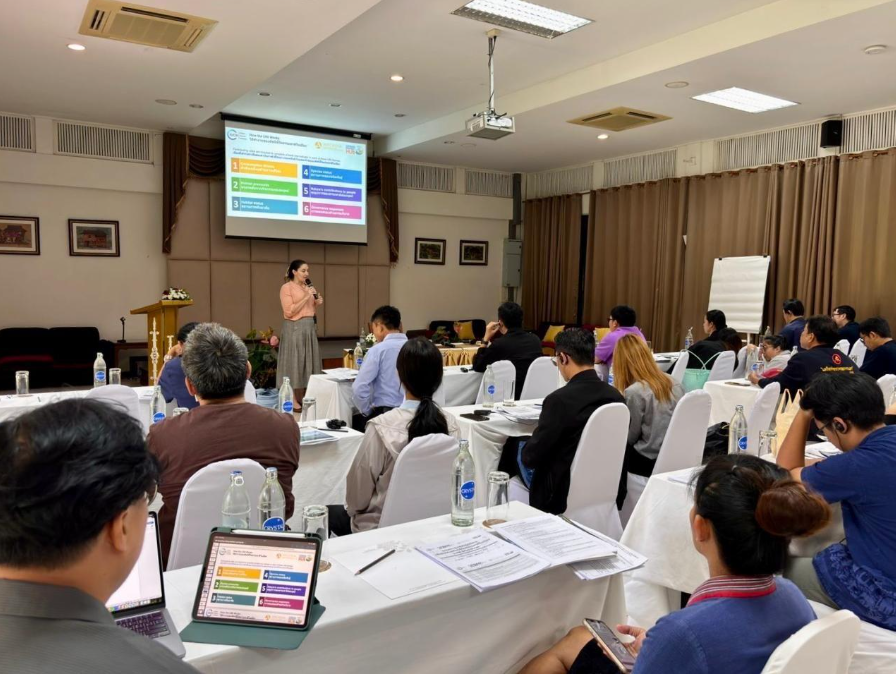
:: Key Takeaways from the Workshop ::
The workshop emphasized the importance of the UNI as a policy tool that not only measures urban biodiversity but also links local actions to global targets. This is essential for local governments aiming to align their efforts with international environmental and economic goals. Participants learned how the UNI, as a science-based tool, can help cities manage resources more effectively and identify areas for improvement.
The involvement of local leaders from Surat Thani and Chiang Rai underscored the significance of urban nature in enhancing the quality of life for city residents. This workshop represented a critical step in building the capacity to address climate resilience through nature-based solutions.
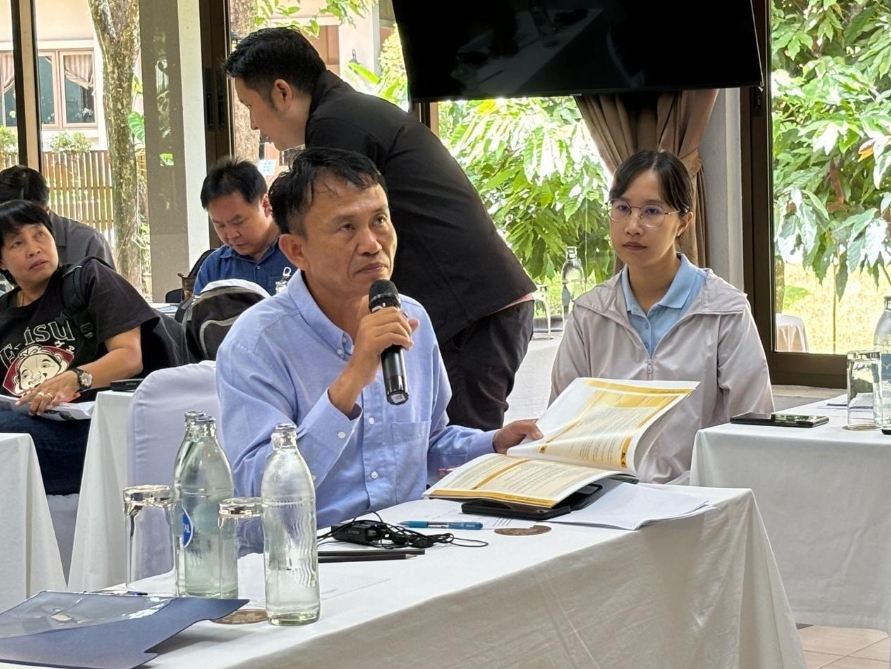
:: Expert Training from the Urban Biodiversity Hub ::
As part of the workshop, Anushri Tiwari and Jennifer Rae Pierce from the Urban Biodiversity Hub provided in-person training. They stressed the importance of cities measuring and monitoring their natural capital, noting that many existing systems lack standardization, which limits their usefulness for comparison. The UNI addresses this by offering a comprehensive and flexible system for evaluating ecological performance and contributing to global biodiversity goals.
:: Looking Ahead ::
The “Urban Resilience Building and Nature” project, led by the Department of Water Resources of Thailand and IUCN, highlights the importance of collaboration across multiple sectors. The involvement of various partners reflects the shared effort required to build more resilient and sustainable cities in Thailand.
This project signals a shift in urban development strategies, prioritizing nature-based solutions and incorporating scientific knowledge into policy planning. By using tools like the UNI to measure city performance, Thailand is making progress toward creating urban environments where nature thrives, benefiting both people and the ecosystem.
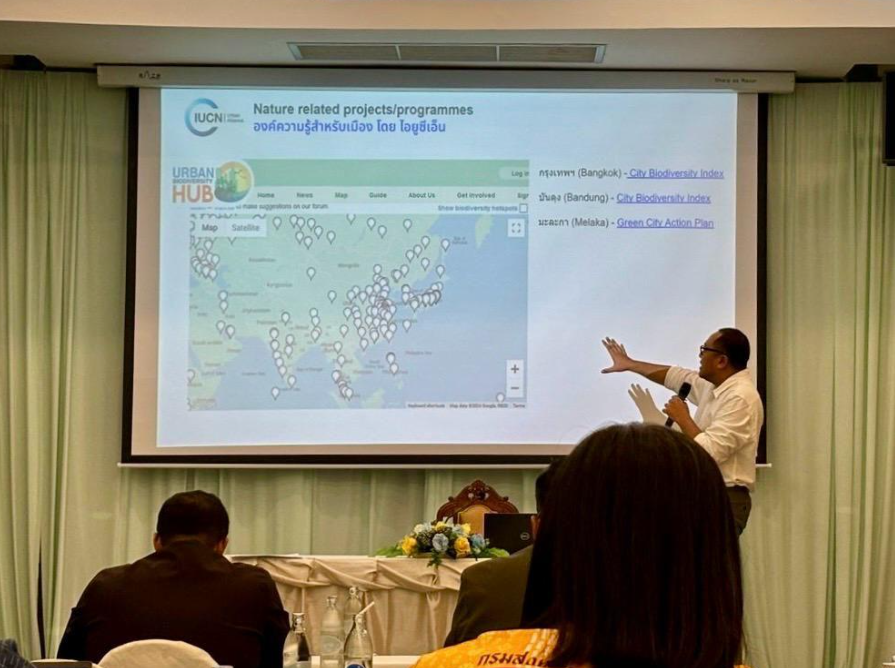
:: About the Urban Nature Index (UNI) ::
The UNI is a global standard for measuring the ecological performance of cities, developed by IUCN and its partners through the Urban Alliance. It provides a unified system of indicators to monitor urban biodiversity, evaluate conservation measures, and assess the impact of urban consumption on natural ecosystems. As cities play a crucial role in addressing climate change and biodiversity loss, the UNI supports urban areas in contributing to global sustainability efforts.


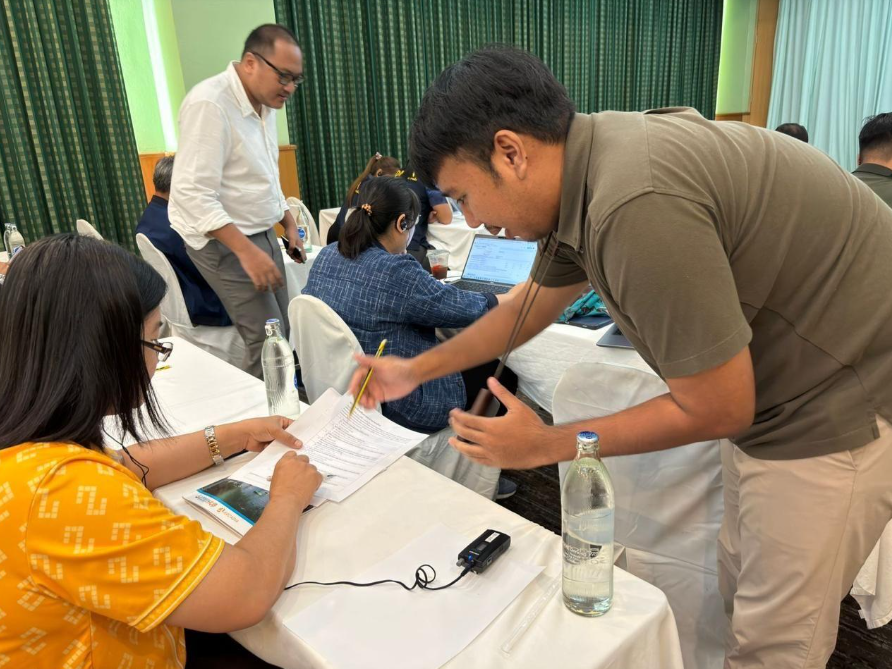
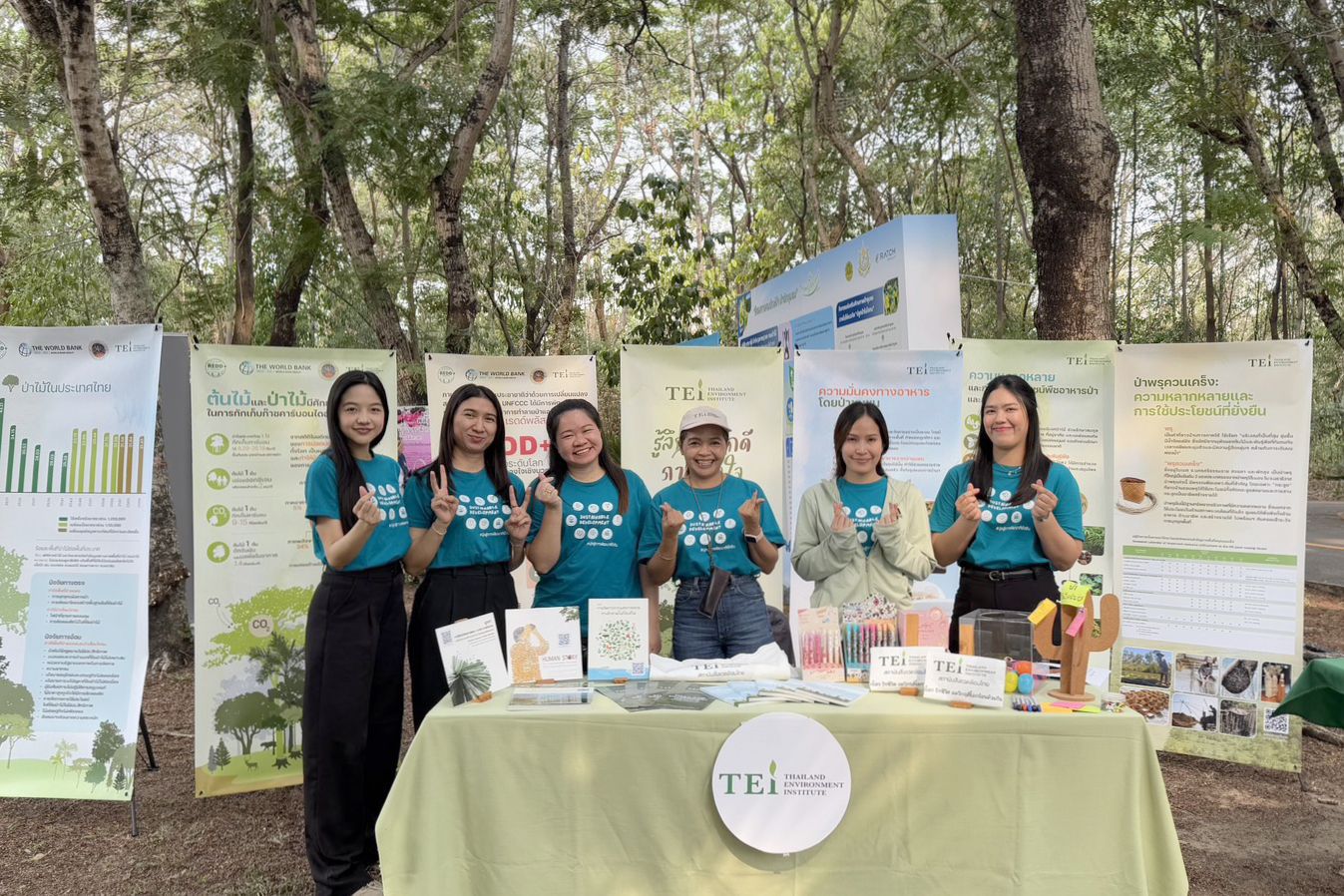
.jpg)
